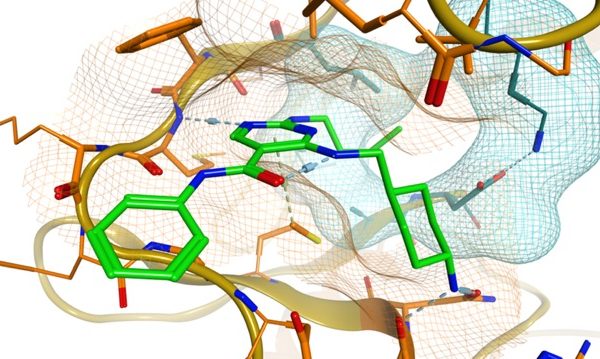
April 28, 2016
Costs for orally-administered cancer drugs skyrocket
A study, authored by UNC Lineberger member Stacie Dusetzina, PhD, found that oral cancer drugs introduced in 2014 were, on average, six times more expensive than those introduced in the year 2000. The findings, published in JAMA Oncology, raised concerns as patients may increasingly take on the cost burden of those increases.








